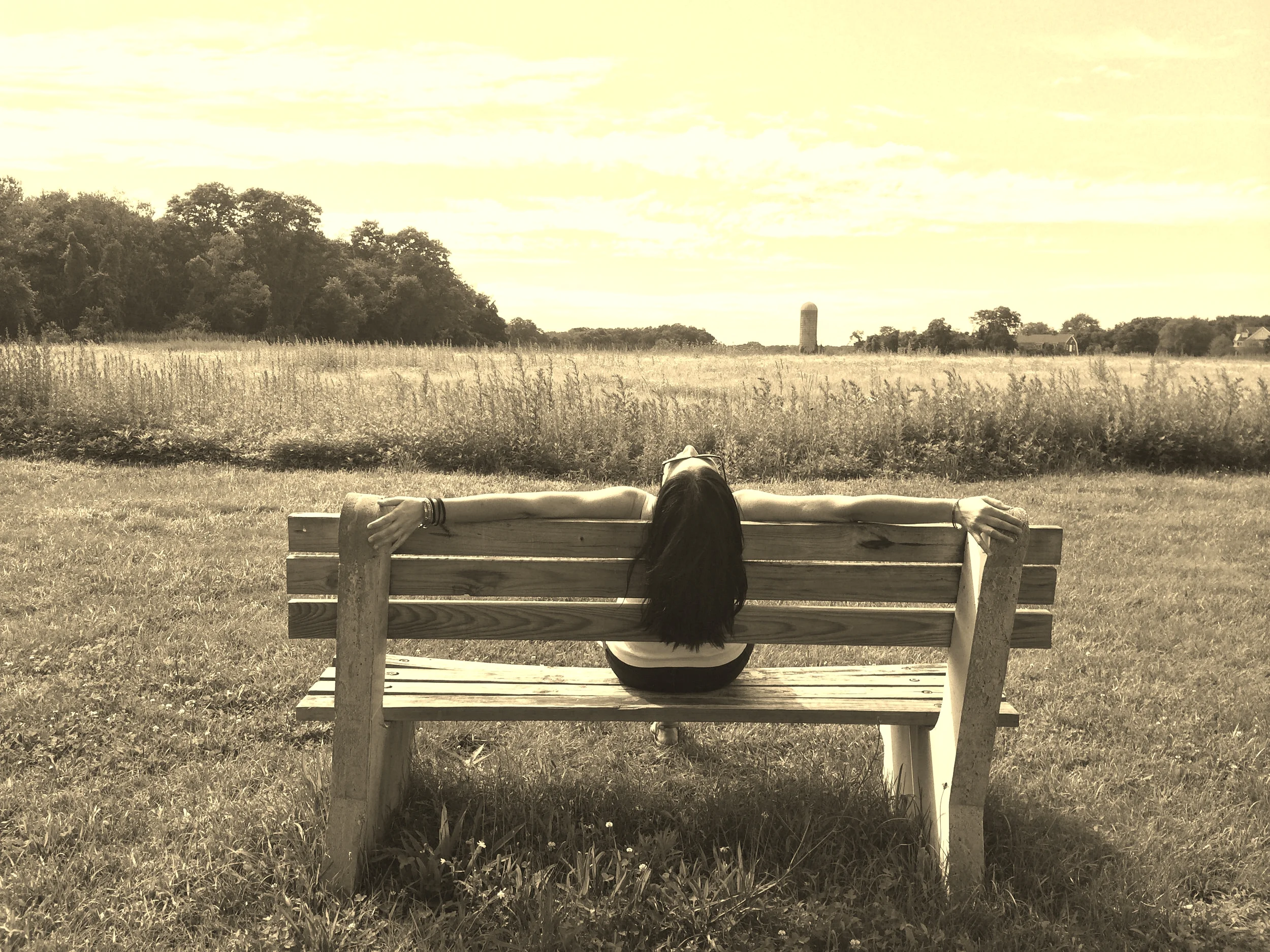Everything we do impacts the planet and the environment because with every action we either use resources, create waste or pollute directly or indirectly.
The good news is that we can all do things throughout the day to decrease our negative impact on the planet and make our carbon footprint smaller. Even the smallest steps will lessen the strain we as humans place on this world. The key is for all of us to practice conservation, to use less toxic resources and to create less waste.
Ten Baby Steps to a Greener, Cleaner World
Use glass not plastic. - Only some plastic is recycled and most can only be recycled once. On the other hand, even in our own homes, we can recycle a glass bottle by cleaning it, removing any labeling, and using it for other purposes. It maintains its integrity and is more attractive than plastic.
Add a spray nozzle to a glass bottle to make your own spray bottles for use with household and personal care products.
Re-use a glass condiment jar to hold everything from crushed herbs, coffee, and dry beans to powdered soap, bath salts and cotton balls.
Turn out the lights when you are not using them.
Set your thermostat a bit lower in the winter when you sleep, and the AC higher (make air warmer) when you aren’t home.
Take dinner leftovers to work for lunch regularly instead of buying takeout. It reduces food waste and decreases the use of take-out containers.
Recycle as much as you can.
Walk when you can instead of taking the car. You aren’t only saving on gas, you are getting good exercise.
Reduce your intake of meat. In July 2017 I became a vegan (minus a couple exceptions when I ate fish). Okay understandably going vegan is not for everyone, but by even reducing your intake of meat, fish and dairy, you are lessening the demand for each. The production of cows creates huge issues with methane gas in the atmosphere. Over-fishing is depleting marine life and upsetting delicate eco-systems. Dairy is also creating lots of waste which pollutes our air and land. And raising chickens requires resources to a much greater extent than those involved in plant-based food production.
Use your own shopping bags. Plastic bags are everywhere and often get into waterways and precious natural areas, not to mention the resources required to make them also pollute. Some states have banned plastic bags but in many they are still in every supermarket. If you must use plastic bags, save the bags for a second and possible third use. Along the same lines, wouldn't it be better to put our produce into reusable bags, a bag we can wash, instead of using those plastic bags that appear at the fruit and vegetable cases. They create so much waste.
Stop buying individual water bottles. If you can’t afford a good filter, buy jugs of water and transfer smaller amounts into reusable to-go bottles when you are on the run. This avoids dumping smaller bottles into trash when recycling containers are unavailable. It also reduces the number of bottles needed.
Save the food that you don’t eat. Refrigerate or freeze food depending on when you think you will use it. Don't through out leftovers or let food spoil. See my blog "Stop the Waste" . The last paragraph gives good suggestions on storing and using leftovers.

